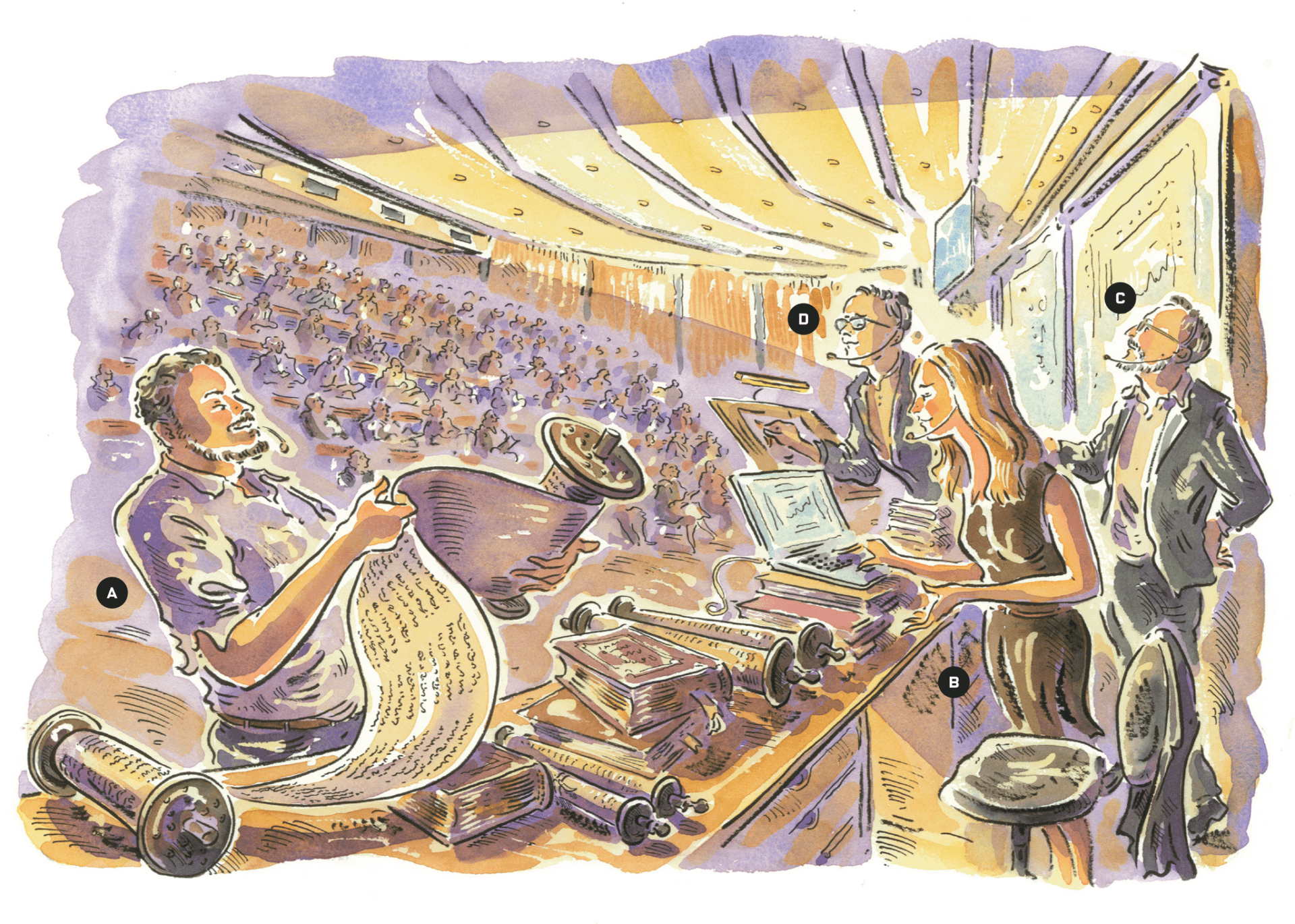Computational Social and Behavioral Sciences

This group brings together scholars who take computational approaches to studying social phenomena. It also includes scholars who create and study computational techniques to assist in explanations of social phenomena. Meet some of the faculty active in this group below.
Associate Professor of Data Sciences and Operations, USC Marshall
“Humanity has evolved for many years, and every disruption has brought replacement of jobs. We had exactly this conversation in the pre-industrial and industrial revolution phase. Sure, change is scary, and humanity has gone through phases of change many times and been successful. I don’t see why this would be so different.”
Drakopoulos’ research focuses on the operations of complex networked systems, social networks, stochastic modeling, game theory and information economics. He views computing through the lens of what it can achieve to improve human health, clarify understanding, and solve pressing problems.
With Drakopolous’ urging and assistance, Greek Prime Minister Kyriakos Mitsotakis has increasingly emphasized data science and artificial intelligence. Last year, the prime minister appointed several respected technologists, researchers, academics, and policy experts to the country’s AI Advisory Committee. Drakopoulos was selected as an appointee.
Andrew and Erna Viterbi Early Career Chair and Associate Professor of Industrial and Systems Engineering and Computer Science
“With advances in computing, and by integrating techniques from Artificial Intelligence (AI) and Operations Research (OR), we can help address some of the most pressing societal challenges of our time: to help end homelessness, to achieve equal opportunity and justice, to ensure healthy lives, and to promote well-being for all.”
The USC Center for AI in Society advances knowledge in what “responsible and just AI” by partnering with community stakeholders, organizations, and policymakers. Projects involve interdisciplinary teams of computer scientists working alongside social work researchers to advance AI and OR in a direction that benefits vulnerable communities. One of our major achievements is the design, in partnership with LAHSA (the Los Angeles Homelessness Services Authority), of a tool for matching people experiencing homelessness to the city’s very scarce housing resources.
Associate Professor of Linguistics
“Understanding how and why AI works as well as it does is essential for attempts at lowering its negative environmental costs. And scientific knowledge in fields like linguistics and psychology on how language works and is used for communication is an essential tool for sorting out what AI actually does.”
His work on preserving endangered languages lies at the intersection of linguistics, technology, and cultural heritage, using computational models to analyze language patterns and contribute to their survival. Iskarous uses tools from dynamical systems analysis to understand information flows about language inside an LLM. He has also documented LLM-internal knowledge about the working of language.
Professor of Psychology and Computer Science
“AI and social and behavioral sciences have a reciprocal relationship. Many core AI concepts and techniques (like LSTMs and RNNs) have their roots in these sciences. Even today, our understanding of human bias and decision-making informs how we identify and address bias in AI systems.
Conversely, computational tools for modeling, simulation, and analysis have revolutionized social and behavioral sciences in the past decade. This two-way exchange will only deepen as computation and AI become more integral to social science research. At the same time, as AI systems become more sophisticated, they'll increasingly need to incorporate insights from the social sciences to ensure they're fair, unbiased, and aligned with human values.”
His research integrates computing and social/behavioral sciences in two key ways: by incorporating cognitive science findings into NLP [natural language processing] systems and using NLP to uncover psychological processes in social discourse.


